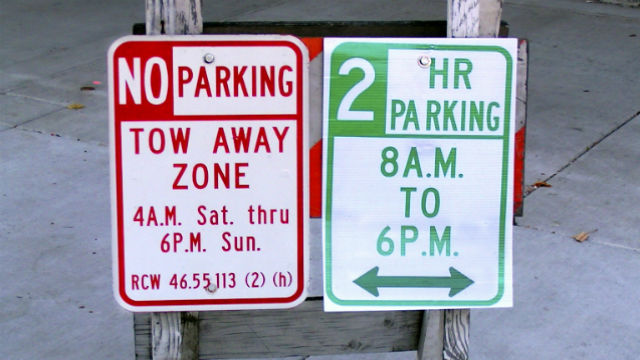A Judge Stops and Frisks “Stop and Frisk”

Judge Shira A. Scheindlin of the United States District Court ruled today, August 12th, that New York City’s controversial Stop and Frisk policy, which is largely the brainchild of Mayor Michael Bloomberg and Police Commissioner Ray Kelly, has been carried out in a way that violates the 4th Amendment and the 14th Amendment constitutional rights of those people who have been stopped and frisked.
If you can even vaguely imagine yourself ever reading a court ruling, this is the one to start with.
The policy, in practice, has meant that around 4 million people have been stopped by NYPD officers in recent years largely on public streets, and, in the case of residents of housing projects, in the halls of their buildings. When stopped, officers search their clothing and person for weapons, drugs, and other contraband, without the need to prove reasonable suspicion. This is the violation of their Fourth Amendment rights against unreasonable search and seizure.
Those stopped have been disproportionately young, male, and worst of all, Black or Hispanic. It is this last piece of information which represents the breach of the plaintiffs’ Fourteenth Amendment rights to be treated equally under the law regardless of race. Judge Scheindlin rightly connects this fact to the unofficial departmental rule to stop “the right people”.
Judge Scheindlin, who’s ruling, I must note, declares the way that Stop and Frisk is carried out, not the policy itself, to be unconstitutional, focuses mainly on a toxic culture within the NYPD which encourages the policy to be wrongly applied.
Proponents of the policy argue that it is justified largely in that it is a powerful tool for fighting crime and potential crime. But, says the ruling, that does not in itself justify its use. For, says Scheindlin, “Many police practices may be useful for fighting crime — preventive detention or coerced confessions, for example, but because they are unconstitutional they cannot be used, no matter how effective.”
In addition, Scheindlin speaks out against the use of numerical quotas without regard to constitutional adherence. NYPD officers were routinely pressured to meet such quotas in terms of the amounts of stops and frisks that they carried out. She notes that “for the purposes of performance review [of police officers], an unconstitutional stop is no less valuable to an officer’s career than a constitutional one — because the two are indistinguishable.”
She also notes that complaints by the police department about how much more difficult the reformed policy will make crime fighting are not good arguments, as “the burden on the plaintiff class of continued unconstitutional stops and frisks far outweighs the administrative hardships that the NYPD will face in correcting its unconstitutional practices.”
A quote from the landmark 1968 case Terry Vs. Ohio which Scheindlin chooses to place before the introduction to her opinion sums the crux of this issue up best: “It is simply fantastic to urge that [a frisk] performed in public by a policeman while the citizen stands helpless, perhaps facing a wall with his hands raised, is a ‘petty indignity.”
Cheers.
What the ruling will mean in practice is that, though the policy itself will not be scrubbed, it will be subject to oversight from outside legal expertise that will ensure that it is done in a way that demands a real “reasonable suspicion” before a citizen can be subjected to a stop and that the policy is applied in a racially neutral way.
The fact is, by taking the race and age and gender of subjects as evidence of suspicion, and by failing to justify the invasion of personal privacy and person by police, Bloomberg and Kelly’s policy acts in direct opposition to both the progress of our culture and of the laws they have sworn to uphold. This ruling against Stop and Frisk is really a ruling for New Yorkers’ liberty.
Image Courtesy of Shutterstock.




